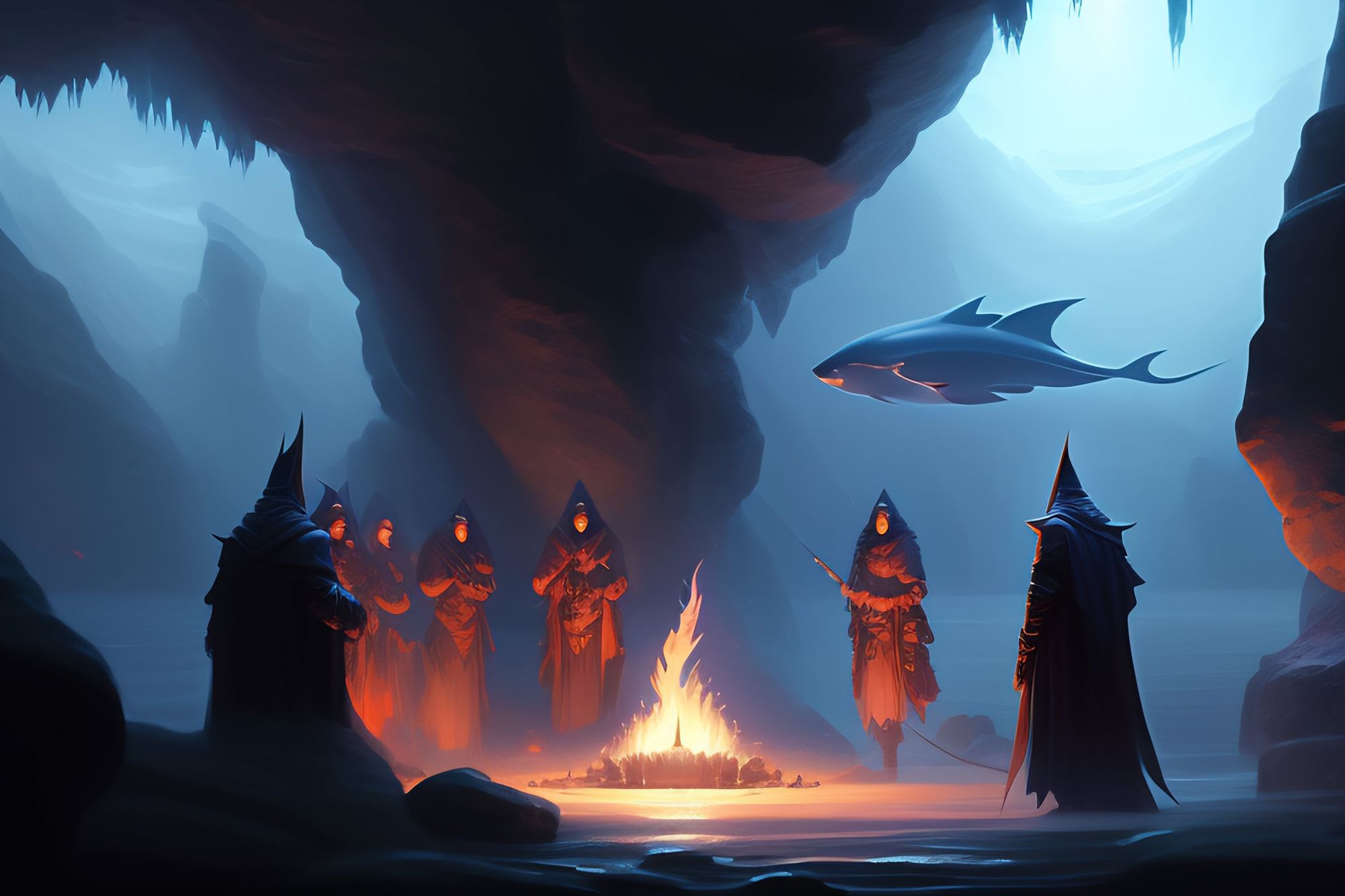What are the basics to learn DnD as a new player?
Learning Dungeons & Dragons (D&D) as a new player can be both exciting and rewarding. Here are the basics to get you started on your D&D journey:
— Atomcal
Learning Dungeons & Dragons (D&D) as a new player can be both exciting and rewarding. Here are the basics to get you started on your D&D journey:

1. Understand the Core Concepts:
- Roleplaying: D&D is a tabletop roleplaying game where players create characters and immerse themselves in a fantasy world. You'll take on the persona of your character and make decisions based on their personality and abilities.
- Dungeon Master (DM): The DM is the storyteller and referee of the game. They create the world, describe environments, control non-player characters (NPCs), and guide the narrative.
- Characters: Each player creates a character with a race (e.g., human, elf, dwarf), class (e.g., fighter, wizard, rogue), background, and abilities. These attributes determine how your character interacts with the world and engages in challenges.
2. Get the Rulebooks:
D&D is governed by rules outlined in rulebooks. The core rulebook for players is the "Player's Handbook," and for DMs, it's the "Dungeon Master's Guide." These books provide rules for character creation, combat, magic, and more.
3. Create a Character:
Follow the character creation process outlined in the "Player's Handbook." Choose a race, class, background, alignment, and abilities. Collaborate with your DM and fellow players to ensure your character fits within the campaign's world.

4. Learn the Basics of Gameplay:
- Rolling Dice: D&D uses various polyhedral dice, including the iconic 20-sided die (d20). Rolls determine the outcomes of actions, attacks, and checks.
- Ability Checks: These involve rolling a d20 and adding a modifier based on your character's abilities. Common checks include Strength checks for lifting, Dexterity checks for sneaking, and Charisma checks for persuasion.
- Combat: Combat involves rounds where characters take turns. Actions include attacking, casting spells, and using abilities. Roll a d20 to determine if attacks hit and roll for damage if they do.
- Saving Throws: These checks determine whether your character avoids negative effects from spells, traps, or other hazards.
5. Understand Character Sheets:
Character sheets help you keep track of your character's abilities, skills, and inventory. Familiarize yourself with the various sections, including ability scores, hit points, spells, and equipment.
6. Embrace Roleplaying:
Immerse yourself in your character's personality, background, and motivations. Interact with NPCs and other players as your character would, engaging in dialogue and making choices that reflect their traits.
7. Start with a Pre-Made Adventure:
As a new player, consider starting with a pre-made adventure module. These modules provide a structured storyline, NPCs, and encounters, making it easier for both players and DMs to get into the game.
8. Learn as You Go:
D&D is vast and intricate, so don't worry about mastering every rule from the start. Learn the basics, ask questions, and gradually explore more advanced aspects of the game.
9. Play with an Experienced Group:
Playing with experienced players and a knowledgeable DM can help you learn faster and understand the mechanics better. They can guide you through the process and offer assistance when needed.

10. Have Fun and Be Creative:
D&D is about storytelling, creativity, and collaboration. Don't be afraid to think outside the box, embrace your character's quirks, and enjoy the shared experience with your fellow adventurers.
Remember that D&D is a game of imagination and camaraderie. As you learn and grow, you'll discover the magic of creating memorable stories in a rich and immersive fantasy world.
